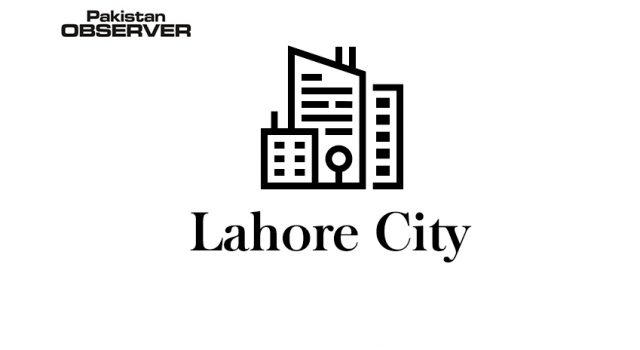Kawasaki-like multisystem inflammatory syndrome has been reported in at least 24 children in Pakistan who have recovered from coronavirus infection.
A child with the syndrome has also passed away, making this the first inflammatory syndrome-linked death in the country. In Pakistan this syndrome has been reported in children between the ages of five and 15 years.
The cases were detected at Children Hospital Lahore, according to a report by a private television channel Wednesday. At least eight cases have been recorded at the hospital so far. The first fatality was an 11-year-old boy in Lahore, confirmed Professor Masood Sadiq, Dean, Children Hospital.
He explained that the syndrome, known as Kawasaki-like multisystem inflammatory syndrome, was not the same as Kawasaki disease. Kawasaki disease is a rare illness on unknown origin found in children which causes inflammation in the blood vessels of the body.
The average age of those affected is two years and 75% are younger than five, says the American Heart Association. It also adds that boys are 1.5 times more likely to develop the disease than girls.
The Kawasaki-like multisystem inflammatory syndrome, however, is always associated with Covid-19 and has only emerged this year during the pandemic. Affected children are those that have recovered from a coronavirus infection. They start showing symptoms two to six weeks later.
The first sign of the syndrome is usually fever, followed by stomach ache, vomiting or diarrhoea, red eyes and a rash on the trunk. Some children also develop an inflamed red mouth and tongue while a few have swollen glands in the neck.
The syndrome puts strain on the heart as blood vessels leading to the heart are inflamed and unable to carry enough blood. This is why so many children hospitalised had cardiac complications.
The patients in Lahore were all boys older than five years, said Professor Sadiq. The hospital had recorded two types of patients: those who had symptoms but were not severely ill and others who come in with low blood pressure, cold hands and feet and are likely to go into shock.
However, the professor added, “There is no need to panic. If it is diagnosed in time it can be treated.” For treatment, they were given IVIG (intravenous immunoglobulin), steroids, high dose aspirin as well as supportive measures for the heart and lungs, said Professor Sadiq.
This is consistent with what has been the standard treatment for the new syndrome worldwide. All the children tested positive for coronavirus antibodies.
“Recovered patients often shed the virus for four to six weeks,” said Professor Sadiq. “This is why we recommend staff take all the same precautions as they would for a Covid-19 patient.”
There is no scientific evidence yet of patients who shed the virus after Covid-19 infecting others. More cases of this paediatric inflammatory syndrome have been detected in Pakistan, said Professor Sadiq.
“News has been shared of two to three children from Islamabad and more than a dozen children from Karachi’s NICH, AKU and Indus hospitals. This is the period during which many children with COVID-19 are recovering and enough time has passed for them to show symptoms of the Kawasaki-like inflammatory syndrome.”
The dean of Children Hospital Lahore advised parents to be on the look out for signs and symptoms in children who had recovered from COVID-19 and immediately seek treatment if they were found.
Several cases of this rare post-Covid inflammatory syndrome have been reported across the globe. The first few cases were detected in the UK in March. Fifty-eight children were affected.
The children had “overlapping features of toxic shock syndrome and atypical Kawasaki disease.” The same syndrome was reported in France in 21 children and adolescents. A study was carried out on those admitted between April 27 and May 15. Fifty-seven percent presented with Kawasaki disease shock syndrome and 76% with myocarditis (inflammation of the heart muscles)
Seventeen children had required ICU care, but every child diagnosed recovered eventually. The US declared new cases of the rare syndrome in May. A study published in NEJM showed that at least four organ systems were affected in most patients (71%).
The most commonly involved organ systems were the gastrointestinal, cardiovascular, blood, mucocutaneous (mucous membranes and skin) and respiratory systems.
India has been the most recent country to report cases of this syndrome. According to The Indian Express the first case was recorded in a 14-year-old in Mumbai after which several other hospitals in the city reported similar cases in children.









